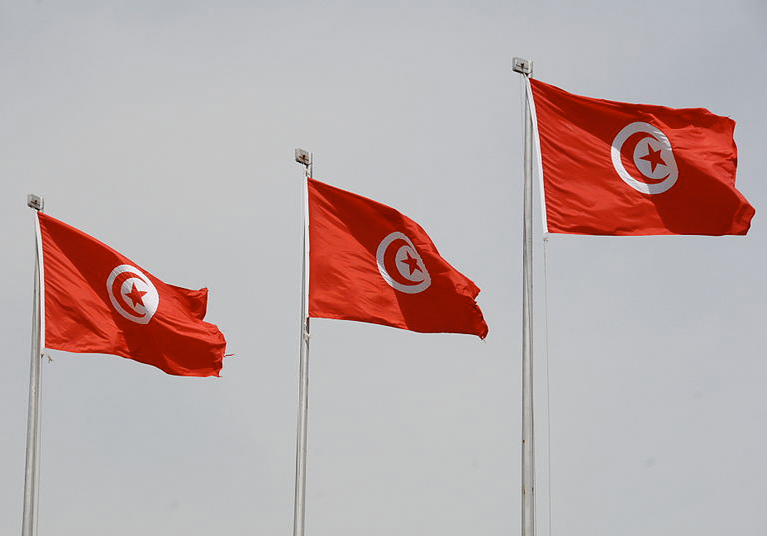In a memorandum published today, the ICJ called on the Tunisian authorities to implement a comprehensive set of measures to fully realize women’s right of access to justice.
Despite some progressive legislation protecting women’s human rights, and the recent adoption of institutional and legal reforms of the justice system, the ICJ identified significant remaining obstacles undermining women’s access to justice in breach of Tunisia’s obligations under international human rights law.
“Women in Tunisia face numerous barriers accessing justice. While some are specific to their status as women, such as explicitly discriminatory laws, others are common to men and women but affect women and men differently or are predominantly experienced by women,” said Shirin Abu Fannouneh, Legal Researcher for the ICJ Middle East and North Africa Programme.
The ICJ memorandum analyzes some of the main obstacles to women’s effective access to justice in Tunisia, including inadequate laws failing to fully protect women’s human rights, such as the Criminal Code’s flawed, discriminatory definitions of rape and sexual harassment; laws perpetuating gender discrimination, such as certain child custody provisions of the Personal Status Code; structural and practical obstacles related to the administration of justice; gender stereotypes and norms undermining women’s ability and/or willingness to seek justice; and economic and social barriers.
“Obstacles in the way of women exercising the right of access to justice take various forms in Tunisia. Even if certain legal provisions were to be reformed in line with international human rights law, other hurdles – such as the biased attitudes of justice-sector actors and women’s own disadvantaged social and economic realities – would, if unaddressed, continue to undermine women’s ability to claim and obtain respect for their human rights,” added Abu Fannouneh.
The ICJ stresses that, under international human rights law, Tunisia is not only required to adopt a wide range of legislative, administrative, educative and practical measures to realize the right of access to justice for all, but it must also take specific steps to address women’s experiences and the numerous, specific obstacles they face when seeking to exercise their right of access to justice.
“Effective access to justice for women is not merely a matter of the right to access a mechanism to claim their rights. It also requires prohibiting all forms of discrimination and ensuring that men and women enjoy equal rights, including equality before the law and equal protection of the law, in law and in practice,” said Abu Fannouneh.
The ICJ identified a wide range of measures Tunisia must implement to eliminate these obstacles. These reforms include:
- amending existing legislation, including through the Draft Law on Violence against Women, to ensure that certain violations of women’s human rights are adequately criminalized, such as rape, including marital rape, sexual assault and sexual harassment;
- providing adequate legal aid and protection measures, for example to victims of domestic violence;
- training for judges, prosecutors, police officers and lawyers in addressing and overcoming discriminatory attitudes and gender stereotypes within the administration of justice; and
- taking steps to address certain social and practical realities, such as women’s disadvantaged status in society, their lack of financial independence and societal gender-based stereotypes and prejudices that ultimately impede the effective exercise by women of their right of access to justice.
“If women’s effective access to justice is to become a reality, women must be fully empowered to seek and obtain respect for their human rights. The Tunisian authorities for their part must adopt and implement comprehensive reforms to address all types of obstacles to making women’s right of access to justice a reality so that legislative advancements are not nullified by persisting discriminatory attitudes and practices,” added Abu Fannouneh.
Contact
Theo Boutruche, ICJ Legal Adviser, Middle East and North Africa Programme, t: +96 170 888 961, e: theo.boutruche(a)icj.org
Tunisia-Memo WA2J-Advocacy-Analysis brief-2016-ENG (full Memo in English, PDF)
Tunisia-Memo WA2J-News-Press releases-2016-ARA (full news in Arabic, PDF)
Tunisia-Memo WA2J-Advocacy-Analysis brief-2016-ARA (full Memo in Arabic, PDF)

